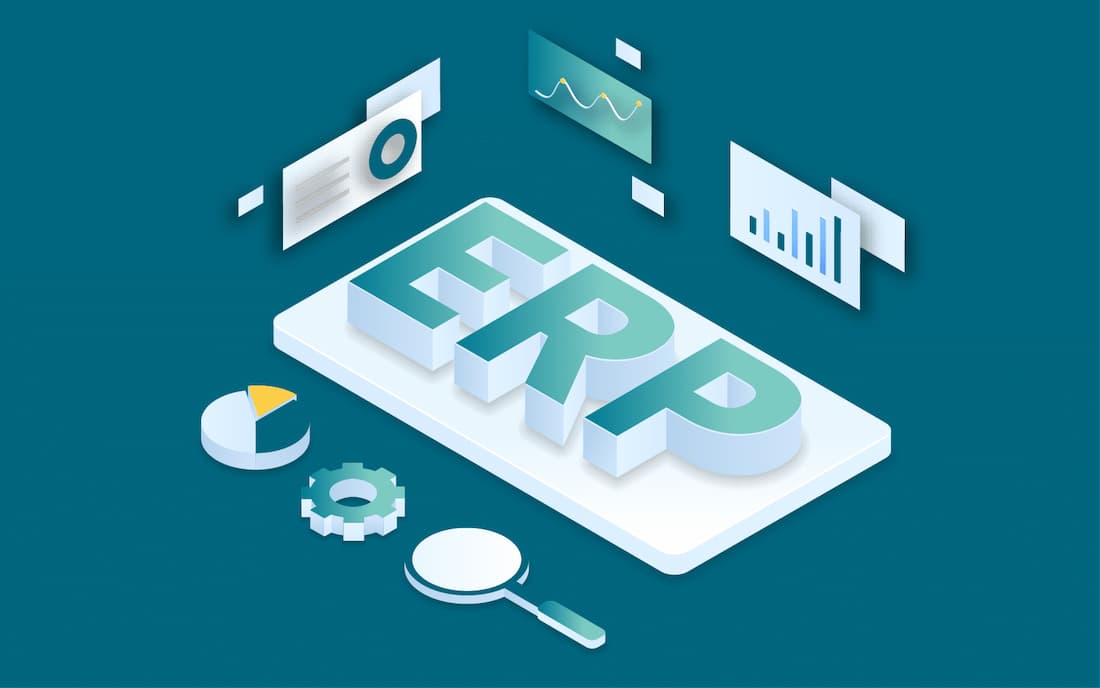Cloud ERP vs. On-Premise ERP: Choosing the Right Fit

Assuming we all understand what Enterprise Resource Planning (ERP) is, let’s delve into the question of which type is better: Cloud ERP or On-Premise ERP. To make an informed decision, let’s explore the advantages and disadvantages of each option.
1. Cloud ERP
Cloud ERP is an ERP system where the software and database reside on the provider’s cloud infrastructure. Companies simply create an account online, configure the software to their needs, and start using it. This is a popular choice, especially among small businesses, due to its:
- Fast and easy setup: No upfront costs for hardware or software licenses.
- Reduced IT burden: No need for an in-house IT team to maintain servers or software.
However, there are also drawbacks:
- Data privacy concerns: The provider may have access to your database, and security is not entirely under your control.
- Internet dependency: A stable internet connection is crucial for operation.
2. On-Premise ERP
On-Premise ERP involves deploying the software and database on-site, within the company’s premises. The company manages a private server that houses the software and data, and all computers connect to this server to access the ERP. While a traditional approach, it’s still popular with large corporations due to:
- Data ownership and control: The company maintains complete responsibility for data management and security.
- Offline functionality: The system remains operational even with internet instability.
However, on-premise ERP comes with its own challenges:
- Higher upfront costs: Investment in expensive equipment and IT expertise for deployment is required.
- Complex implementation: Setting up and maintaining the system can be complex.
3. Hybrid ERP
A hybrid system offers the flexibility to host some software functionalities locally and others online. This is ideal for businesses like chain stores where core functions like sales recording happen locally, but data can be synchronized with a secure online server. You essentially define which modules operate on-site and which ones work online.
Choosing the Right ERP
The best ERP for your business depends on three key factors:
- Cost: Cloud ERP is typically more cost-effective upfront, while on-premise ERP requires a larger initial investment.
- Data Privacy and Sensitivity: Highly sensitive data may be more secure with on-premise ERP.
- Internet Stability: If internet connectivity is unreliable, on-premise ERP may be a better choice.
By carefully considering these factors and your specific needs, you can choose the ERP solution that best positions your business for success.